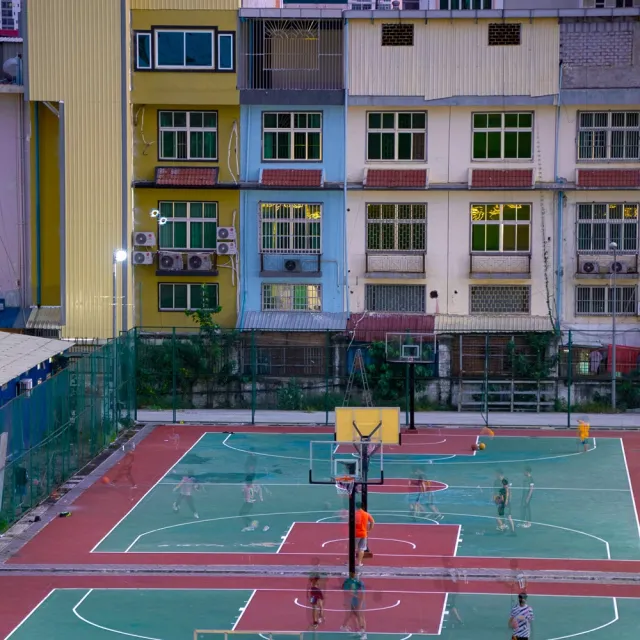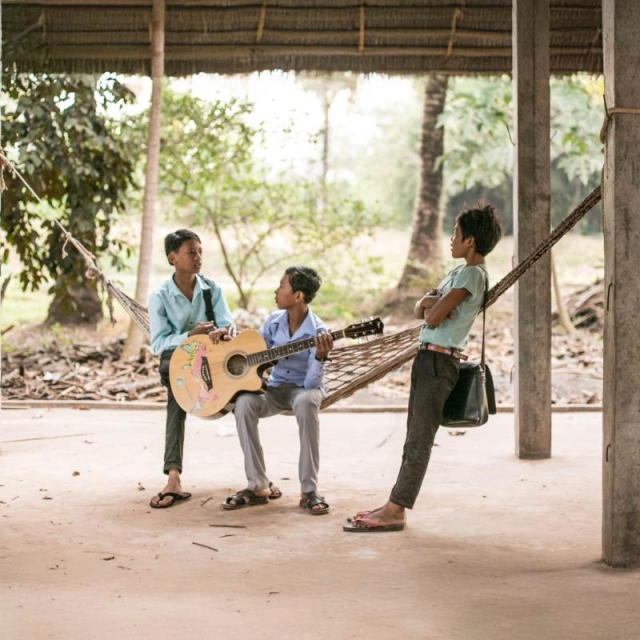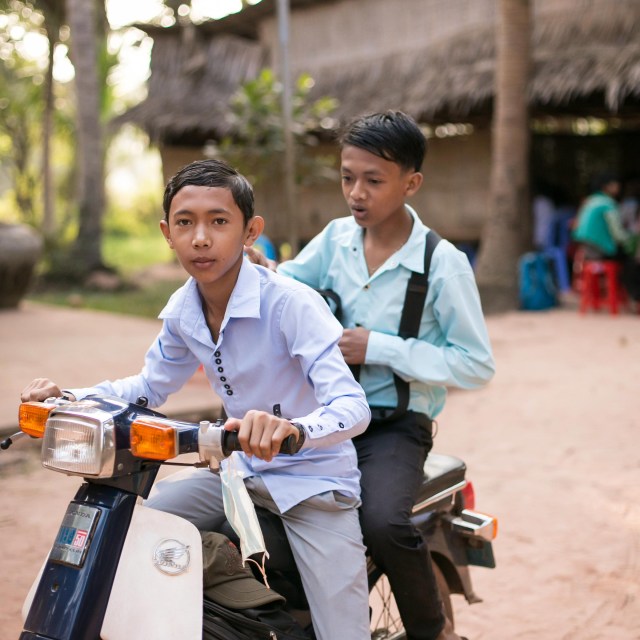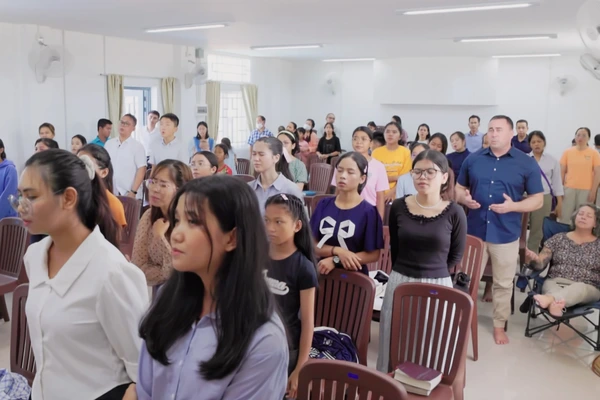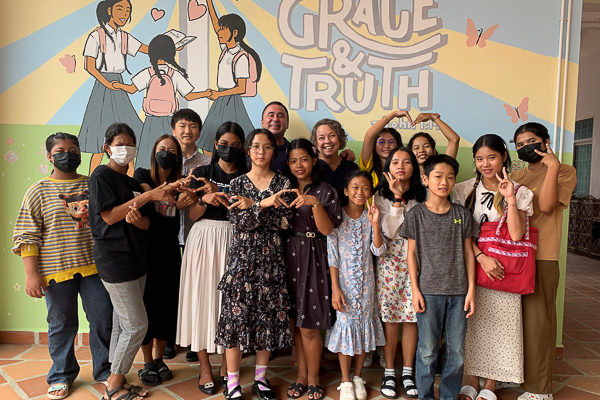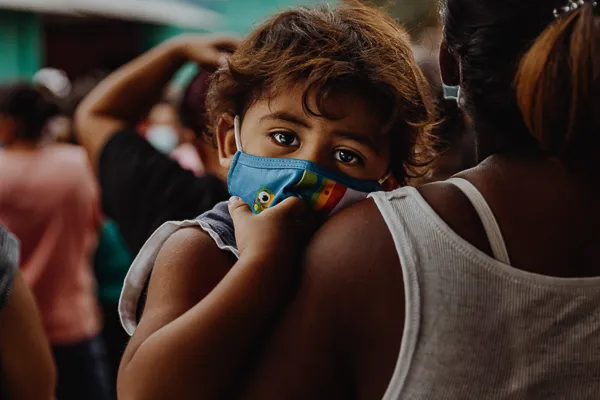In Cambodia, Cows May Hold the Key to Sustainable Church Planting

Last spring, MTW missionaries Luke and Sokha were awarded an Ambassadors grant for a Village Sustainability Project in Cambodia, which provided Samuth, a pastoral intern, seed money to purchase cows.
Like 96 percent of Cambodians, Samuth was raised a folk Buddhist, his worldview dominated by the pursuit of good fortune, fear of spirits, and ancestor veneration. But as a young man, Samuth began to study English and attend a Bible study with a missionary. He grew in his understanding of the gospel and grace and was soon baptized into the faith.
Now, nine years later, Samuth has completed Bible school and is serving under the mentorship of the MTW missionaries Luke and Sokha Smith at the Angk’jeay village church plant. Every Sunday, Samuth preaches or presides over worship. Throughout the week he visits the elderly, helps with outreach classes, and teaches English to grade school students.
But why cows?
Recognizing an unsustainable model
“Working in a poor country, sustainability of church plants is always an issue,” said Luke. “One of the first things our team tried was funding the pastor on a declining scale (reduced funding every year for five years). But we were finding that at the end of five years, you may have a church, but there’s not enough people or money in the church to pay for the pastor’s salary.”
In other words, rural, Cambodian villages needed churches, but the villagers were consistently too poor for even a successfully planted church to support a pastor with a livable salary. A common but ultimately unsustainable solution is for mission organizations to simply raise funds to pay the salaries of Cambodian village pastors. The downside of that is that it set a bad precedent of dependency and created an unsustainable situation.
“As a missionary you want to increase church-planting efforts,” Luke added. “But in the back of your head you’re always thinking, ‘Now I’m going to have more pastors on the tab, and that’s all that much more money that I have to keep on raising.’ In the long run, if it grows a lot—and you do want it to grow a lot—it becomes too hard to raise all this money to give them a monthly salary indefinitely. It’s like we’re always necessary and we always feel this burden hanging over our head like ‘How am I going to meet these financial needs?’”
A new, sustainable model was needed for Cambodian village church plants.
Why cows made sense
“Our team leader, Paul Lee, and I were thinking through what we could do differently as we added new church plants,” Luke said. “We wanted to do something that was culturally relevant, contextualized for Cambodia, and something that Samuth would be able to do.”
Luke raised the issue with Samuth and the discussed different options. Because Samuth had grown up on a farm, raising cows seemed like the best fit. He was willing, able, and excited about the idea.
Their plan, dubbed the Village Sustainability Project, involves using one-time seed capital to purchase cows for Cambodian village pastors. The pastor would raise and breed the cows, selling off the calves and older cows as the herd grew. Luke, who grew up on a farm in Illinois and holds an advanced degree in agronomy, did the math to figure out the optimal number of cows (it’s seven, FYI) to create a sustainable enterprise that would give Samuth and other pastors an income approximately equal to that of a public school teacher in the village.
“It allows pastors to fit into the village because most of the other villagers are raising cows too,” Luke said. “And I think it gives them a way to test their call. If he really wants to be a pastor, it’s not just because he’s getting a salary. We’ve given him a means where he can both make a living for his family and still be free to work for the church.”
Missionaries as peers, not bosses
“In the long run, I think it also avoids the trap of feeling like the missionary is in control,” Luke said. “Because, if you’re giving the pastor their salary every month, then in the long run you are the boss, and it’s difficult to work as peers. We have a small Cambodian Presbytery with about six pastors, and we’re trying to work as peers. They’re not better than us. We’re not better than them. We’re in ministry together.”
“I think it also opens up more doors for ministry for the Cambodian pastors,” Luke added. “There can always be the stigma of ‘you’re just preaching and teaching because you’re getting paid by the missionary.’ … But in a scenario where you’re farming rice and taking care of cows too, I think it lessens that a lot…. I also think it allows for a lot of organic relationships because, hey, now you can talk about raising cows with the other villagers.”
For the moment, this has only been tried with Samuth, and even with him it is in the early stages. But, if the scheme succeeds, the Cambodia team is hoping to move toward using it as their standard model for long-term village church-planting efforts.
The income Samuth will generate by raising these cattle enables him to provide for his family and to pursue his call to pastoral ministry in a way that is both sustainable and more relatable to others in the village than ministering while receiving foreign funds. This creative, contextually-appropriate solution has given the team a way to share their resources—generously and sacrificially—in a manner that dignifies rather than patronizes; that fosters healthy interdependence rather than perpetual dependence; and promotes the long-term health of the local church.
Samuth hopes to one day plant a church in another village, perhaps one of the 12,000 villages in Cambodia that is still without a local, worshipping community of faith. And more than likely, his cows will be there to help.
==
This article was originally written over a year ago. In the time since, Samuth has been teaching an outreach Bible study to adults on weekends, helping with worship services, discipling young men, and preaching once a month. He has already passed the theological exams for ordination, and remains intent on being ordained and possibly church planting, but for the moment he is focusing on his family and developing pastoral skills. Samuth remains under the care of the Khmer presbytery as he continues to explore his call.
As for the cows, they are doing well, and the first calves are being sold now. The project has been a huge learning opportunity for Samuth, Luke, and the whole team, and they plan on using it as an example to help prepare for more sustainability projects in the future.
Consider making an online donation to Luke and Sokha Smith, who serve in Angk’jeay, Cambodia.

